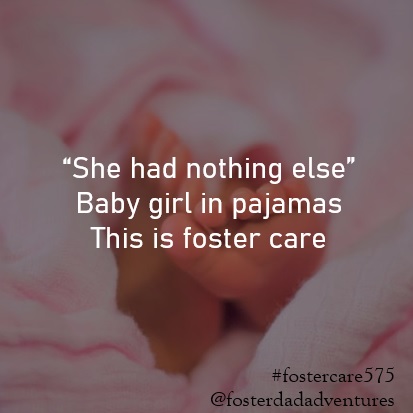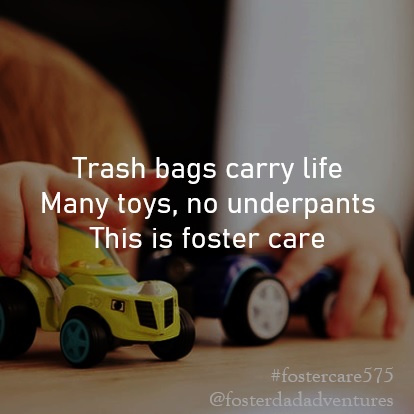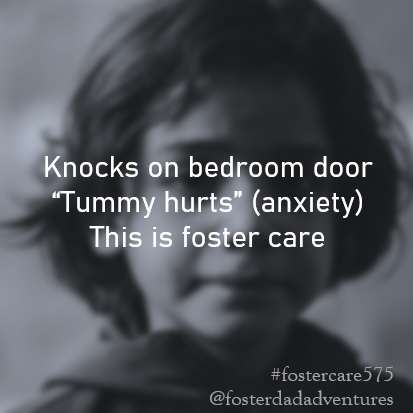
Foster care is serious work. You become momentary parents to children who have suffered various degrees of trauma. They have been neglected or abused or have suffered loss in some manner. As a foster parent, you see the impact of such trauma on the day-to-day lives of the children in your care. It is serious work but there are plenty of light moments as well. Kids are kids.
That means, especially with younger children, you have to be prepared for anything to come out of their mouths.
We had a placement, a brother and sister both under the age of five. My wife was working late, so I gathered the kids and we went to eat at a local pizza place. As we sat waiting for the pizza to arrive, a group of older ladies entered the restaurant. One of them did as older ladies often do–paused, leaned down toward the little girl in her high chair, and said, “What a cute baby!”
I grinned and the ladies were about to move on when the boy, sitting across from me, pointed at me and loudly yelled, “That’s not our dad!”
The ladies’ smiles faded into a look of concern and I received a stare down. Since I didn’t know them, it wasn’t their business that the children were in foster care, so I just kept grinning until they finally moved on. The good thing is nothing came from it. I had visions of some authority figure approaching me to ask why I was with children who were yelling they weren’t mine.
Which leads to this: Always carry a copy of your placement letter. You know, just in case…
By the way, once the ladies left our table, I leaned across and whispered to the boy, “You and I both know that I’m not your dad, though I am your foster dad. However, you don’t have to go around saying that to everyone.”
Innocent gaze. “Why?”
“Because… Just don’t do it, okay?”




